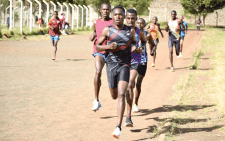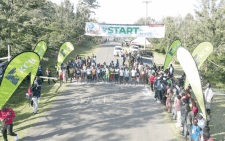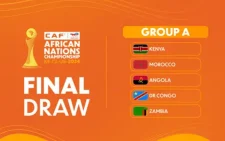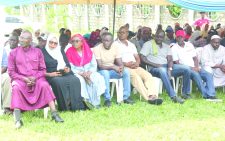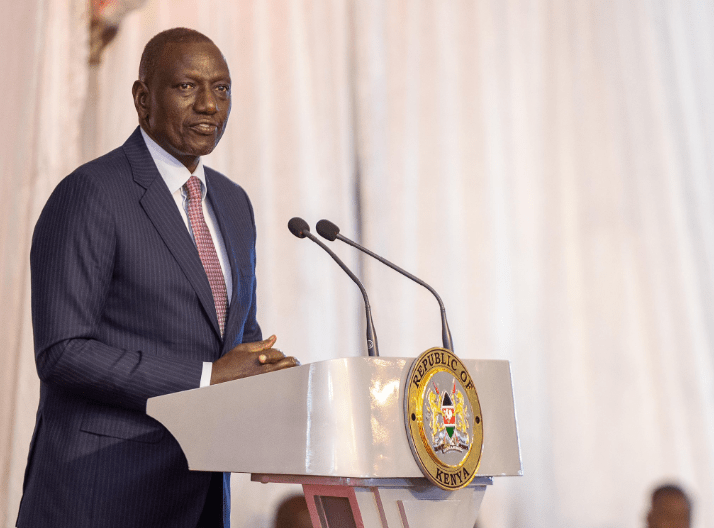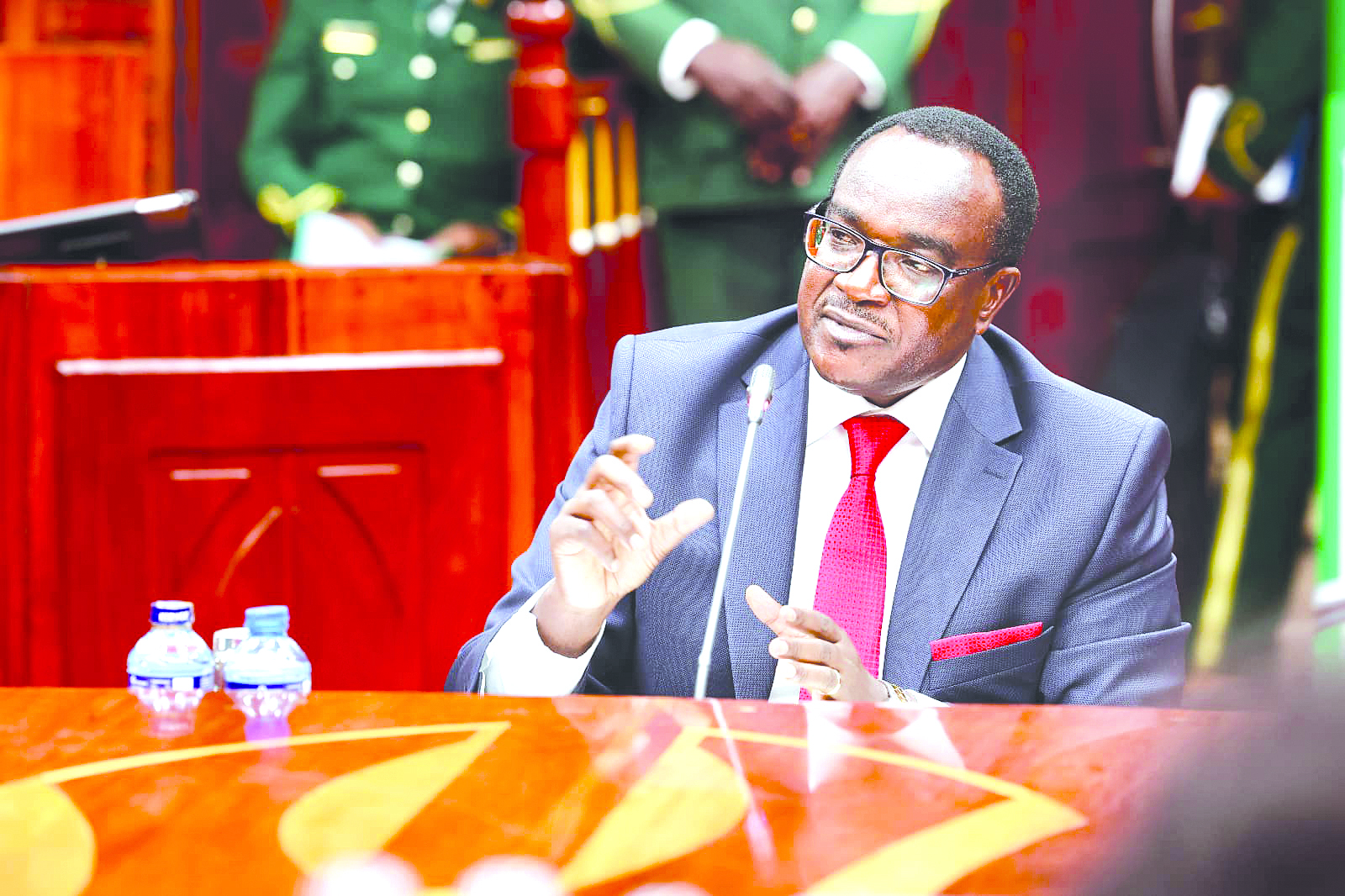Uniting voices and taking action for cancer patients

Far too many people around the world who should beat cancer, die from it.
The tragedy of preventable cancer deaths disproportionately impacts patients in developing nations, and it drives my work and belief that access to life-saving cancer diagnostics, innovative treatments, and care should be equitable for all regardless of income or geography. Inequity in cancer care costs lives, but I envision a fairer future.
In many countries in Africa, up to 80 per cent of patients are diagnosed at late-to-end stages. Some patients are diagnosed late within the healthcare system due to misdiagnosis in the early stages or complex referral systems. Here in Kenya, there are over 42,000 cancer cases diagnosed each year, and over 27,000 deaths from cancer.
At Roche, we have seen the impact innovative diagnostics, treatments and cures can have on patients across the continent, and we know that not only do we have a responsibility to ensure more patients can access these services, the private sector is in a strong position to be a partner to governments, NGOs and international organisations so that these solutions reach patients faster. By listening to, understanding, and working with patients and local stakeholders, we can ensure solutions are tailored to the unique challenges individuals and communities face.
Breast and Cervical cancer are the leading causes of death in women globally, yet they are highly preventable. Over 23 per cent of annual cancer-related deaths in Kenya occur from breast and cervical cancer due to poor access to prevention, screening and treatment.
In Kenya, the EMPOWER project is an integrated women’s health initiative also aimed at contributing to the prevention, early diagnosis and treatment of breast and cervical cancers. In a unique partnership between public, private and not-for-profit organisations, 17 EMPOWER clinics have been established across rural Kenya.
Since the partnership launched in 2019, these clinics have also trained 300 community health workers and healthcare professionals in facility- and community-based screening.
More than 25,000 women have been screened and 950 women are now receiving treatment. In addition, Roche is working with the Ministry of Health in Kenya and the National Hospital Insurance Fund (NHIF) to provide access to standard of care cancer treatments for all NHIF members without any co-payment. This is the first-of-its-kind national access programme for non-communicable diseases in Kenya.
In Mozambique, Roche is working in a public-private partnership with the Ministry of Health, US government agencies and other healthcare partners to launch the Cervical Cancer Access Project, known locally as SALVA or “save”.
Through Project SALVA, an HPV DNA test is used as a primary screening tool to increase early stage diagnosis, while it is still treatable. In the programme’s pilot phase, more than 3,000 women have been screened, with around 1,200 testing positive for high-risk HPV. Among them, almost 400 women received non-invasive treatment to prevent disease progression. We are working to bring testing closer to women, and making access easier through self-collection of the sample for HPV DNA screening.
And in Nigeria, where more than 75 per cent of the population pay out-of-pocket for healthcare, patients with late stages of disease most frequently attribute financial barriers to why they were not diagnosed sooner. In May 2022, the passage of the National Health Insurance Authority Act (NHIA) established universal health coverage expanding access to care for the most vulnerable populations.
Building upon this great progress, Roche and NHIA established an oncology partnership that provides reimbursement for patients prescribed Roche’s oncology medicines under a cost sharing model piloted across seven public health institutions – one in each geo-political zone of the country.
Another one of Roche’s priorities is to work with governments and other partners to create a thriving African health system which conducts clinical trials that improves our understanding of African patients. During the last five years, we have increased the number of trial sites from 60 to almost 140, and allocated 45 new studies to African countries including more than 450 patients.
A healthier future for all people in Africa and more equitable access to cancer care is possible, and we have already witnessed what successes can look like. By continuing to form and strengthen partnerships across the healthcare continuum, bold solutions can be implemented so that inaccessibility does not prevent patients from getting the cancer care they urgently need.
—Frank Loeffler is the General Manager of Roche, East Africa
